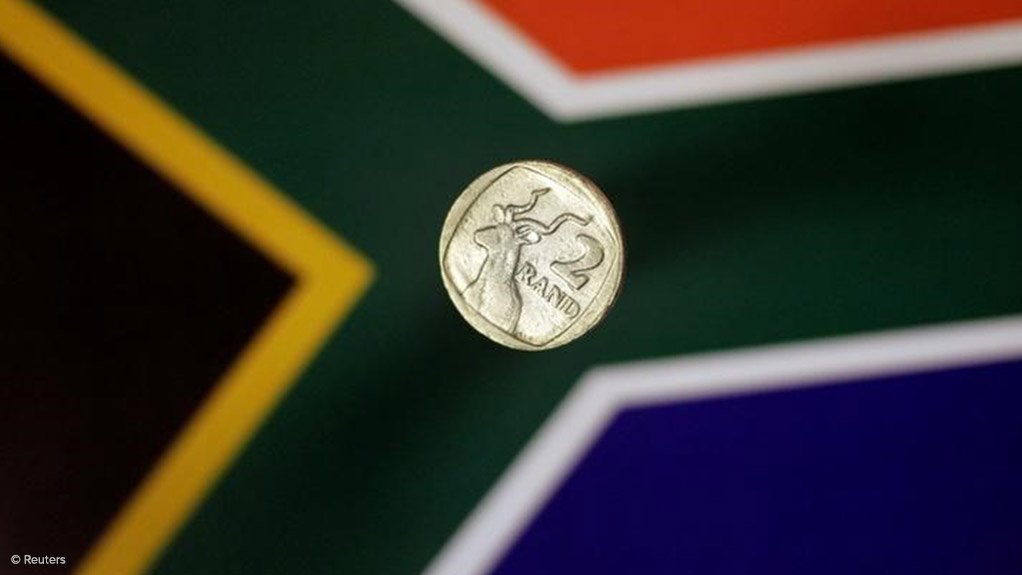JOHANNESBURG, South Africa – June 9, 2025: The South African rand opened the week on a quiet note, holding steady against the U.S. dollar in early trading on Monday. The market is now focused on high-stakes trade talks between the United States and China, which analysts believe could ease global tensions and bring much-needed relief to emerging markets.
As of 06:21 GMT, the rand was trading at 17.7450 to the dollar, which is roughly the same level it closed at on Friday, showing little change.
According to analysts, this calm is due to anticipation around a planned meeting in London between three senior officials from U.S. President Donald Trump’s administration and top Chinese representatives. The two countries have been locked in a long-running trade dispute, which has affected global investment, slowed international trade, and shaken confidence in many developing economies.
For South Africa, like many emerging market economies, the outcome of these trade discussions is critical. The country’s currency, the rand, is known to be highly sensitive to global market movements and international political developments.
“Risk-sensitive currencies like the rand tend to react to global economic news, especially related to U.S. interest rates, inflation data, or major diplomatic moves,” a Johannesburg-based currency analyst told reporters.
In addition to international developments, investors in South Africa are also keeping a close watch on key domestic economic indicators expected later in the week. These include new data on manufacturing and mining output, which are seen as vital indicators of the country’s economic performance.
South Africa has been struggling to rebuild its economy amid ongoing power supply issues, high unemployment, and rising inflation. The manufacturing and mining sectors, once key drivers of growth, have faced numerous challenges, including labour disputes, infrastructure breakdowns, and global demand shifts.
The outcome of these local data releases could influence market sentiment and provide insight into whether Africa’s most industrialised economy is on the path to recovery or slipping deeper into stagnation.
Meanwhile, focus also remains on the country’s national budget process, which has seen several delays and adjustments. Finance Minister Enoch Godongwana, in his third attempt at presenting a revised budget, made only slight changes to the government’s spending plans and deficit targets. Many lawmakers and citizens have expressed concern about the lack of significant reforms or bold steps to address rising debt and economic challenges.
The revised fiscal framework, which was adopted last week by a key committee in parliament, is expected to be debated on Wednesday by the National Assembly. Observers say this could be a key moment for the ruling party to prove its commitment to financial discipline and transparency.
In the bond market, South Africa’s benchmark 2035 government bond was also largely unchanged in early trading. The yield stood at 10.075%, reflecting investor caution and uncertainty ahead of both domestic and international events.
Economists have advised that the rand’s stability may not last long if the U.S.-China talks end without progress, or if South Africa fails to show clear direction on its fiscal policy and economic recovery plans.
“The market is waiting. If the global headlines turn positive, we might see some rand strength. But if the situation gets worse or local numbers disappoint, there could be fresh pressure on the currency,” said an economist with a Johannesburg investment firm.
For now, investors and businesses in South Africa are keeping a close eye on both London and Cape Town, hoping for signals that the worst of the uncertainty may be easing.
